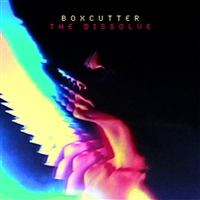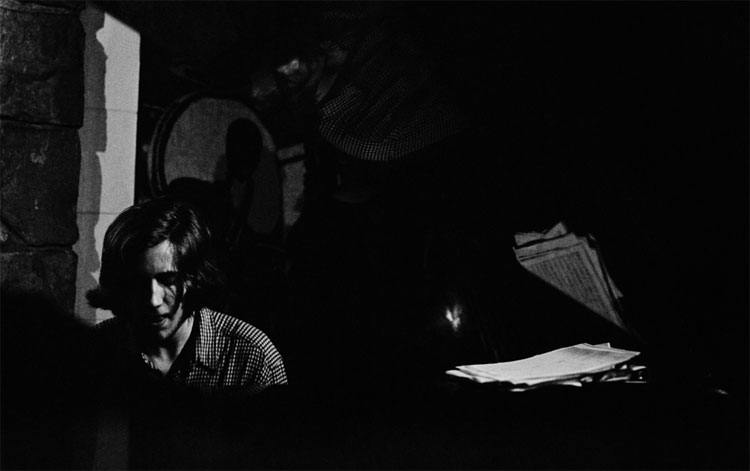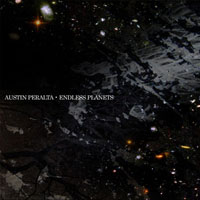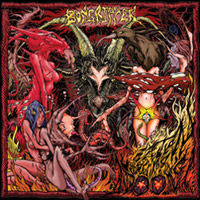 Dosh: Tommy (Anticon, 4/13/10)
Dosh: Tommy (Anticon, 4/13/10)
Dosh: “Subtractions”
[audio:https://alarm-magazine.com/wp-content/uploads/2011/05/dosh-subtractions.mp3|titles=Dosh: “Subtractions”]
Percussionist and multi-instrumentalist Martin Dosh, better known as simply Dosh, is known both for his electronic-based solo venture as well as his work with Andrew Bird, with whom he’s toured and recorded. The instrumental track is Dosh’s specialty; “Simple Exercises,” which first appeared on Dosh’s 2004 release, Pure Trash, reappeared on Bird’s Armchair Apocrypha in 2007 as “Simple X” with an addition of lyrics. In the piece below, Dosh explains what drew him to instrumental music and how a few classic, lyric-less tracks continue to inspire his own music.
The Alchemy of Instrumental Music
by Dosh
I think my interest in music and sound really began when i was around nine or 10 years old; that is to say, that is when I really began LISTENING to music, to the ways instruments and voices worked together, trying to separate the sounds in my mind, trying to understand which sounds were being made by which instruments, and even what the people that played the music may have looked like. I can’t recall what the first song that really captured my imagination was, but it was likely by Devo or The Cars, maybe Billy Squier. I’ve always listened to the music first and digested the vocals and lyrics later. When I first discovered Jimi Hendrix and Led Zeppelin, I found the vocals to be distracting. I couldn’t understand why they were there; they seemed like an afterthought.
Once I started playing drums, when i was 15, that was all I really heard when I would listen to a song: the drums. And I played a little bit with some friends, but I didn’t truly discover the joy of volume until I went to college two years later. I spent more time listening to music in my first two years than I spent doing anything else — usually as loud as possible. I was lucky enough to have a few friends who had massive record collections, and I listened to everything.
 Fiona Apple: The Idler Wheel… (Epic)
Fiona Apple: The Idler Wheel… (Epic)




 Boxcutter: The Dissolve (
Boxcutter: The Dissolve (



